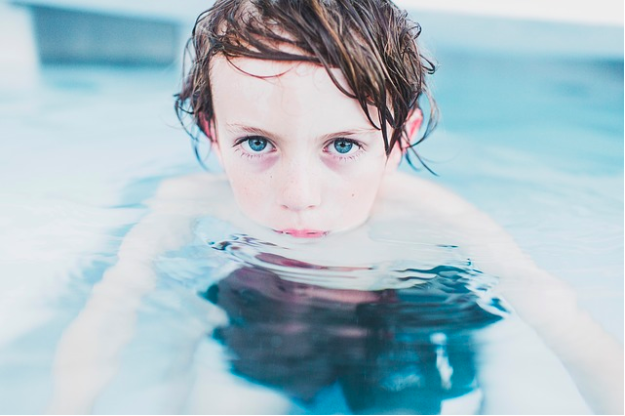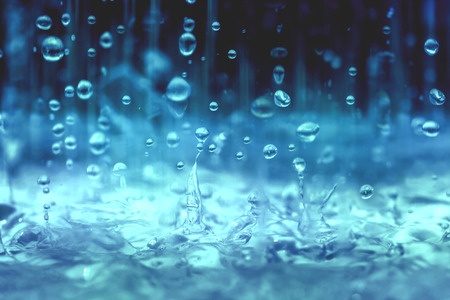
One of the great things about owning your own swimming pool is that it’s YOURS. You don’t have to worry about sharing water with strangers. You have complete control over how your pool is treated, who swims in it and how clean the water is. The thing is, it’s not always easy to know the quality of your pool water just by looking at it. Some people think that a strong smell of chlorine means the water is clean, when in reality, it can mean the opposite!
First, let’s explore some of the contaminants that are commonly found in swimming pools. Then we’ll discuss the ways that you can safeguard your swimming pool and keep it clean as a whistle!
What Could be Lurking In Your Pool Water?
This article from CBS News points out that a strong chlorine smell is not a good indication of a clean pool. In fact, the more urine that is in the water, the stronger the chlorine odor will be. And, while chlorine does an effective job of removing germs and bacteria, it does not eliminate everything.
Red eyes after swimming is also not a good sign of cleanliness. Usually, this means that the chlorine can’t keep up with all the sweat, bacteria, urine, etc. that is entering the pool. In the same article, the CDC reported that 58 percent of pools tested had E. coli in the water. Pool water can also carry legionella, a bacteria that causes pneumonia. The most common illnesses associated with pools are diarrhea, ear infections and respiratory infections.
Stepping Up the Cleanliness of Your Pool
Despite these issues, swimming is a healthy activity that you shouldn’t cross off the list. There are ways to keep you and your family safer. This includes showering before and after entering the pool and staying home when someone is sick.
Luckily, you do have control over the water in your swimming pool! There is no reason why anyone in your household has to swim in dirty water. Here are the best ways to keep your pool clean.
- Check pool chemistry 1-2 times each week in the summer
- Clean out skimmer baskets weekly or as needed
- Clean all filters regularly
- Clean the hair and lint pot every two weeks or as needed
- Check your water level – it should be at center level of the skimmer
- Check your inline chlorinator, if you have one
- Maintain your salt system, if you have one
- Wipe down the tile weekly
- Keep pool chemicals out of direct sunlight
- Caulk any visible cracks or gaps
- Keep vegetation, animals and chemicals (i.e., fertilizer) away from the pool
Fortunately, having your own pool is a much cleaner, safer and healthier way to swim! By following the tips above and staying on top of pool maintenance, you won’t have to worry about swimming in bacteria!

 CALL US TODAY!
CALL US TODAY!
 Rainwater has acidic properties that can affect the water in your swimming pool. This happens because rainwater absorbs industrial gases in the atmosphere. So what do you do if the weather is calling for rain?
Rainwater has acidic properties that can affect the water in your swimming pool. This happens because rainwater absorbs industrial gases in the atmosphere. So what do you do if the weather is calling for rain?


